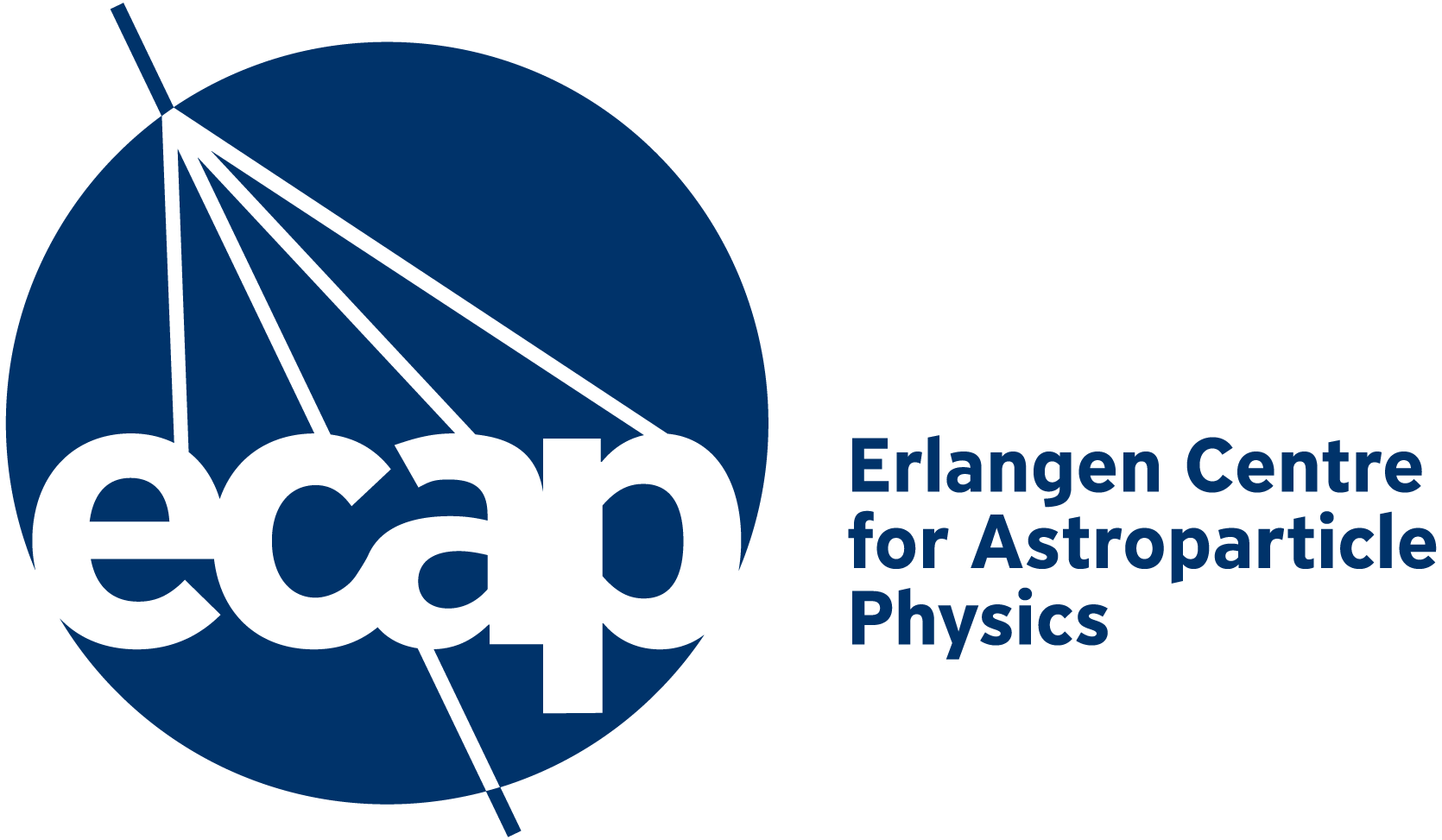ECAP Seminar: Sara Buson
ECAP, room 307 Erwin-Rommel-Str 1, Erlangen, GermanyHigh-energy neutrinos from AGN? With the advent of multi-messenger observatories, neutrino astronomy is turning into a helpful tool to investigate and put limits on the contribution of the known astrophysical objects to the diffuse neutrino background. Active Galactic Nuclei (AGN) have long been suggested among the candidate sources of cosmic...
